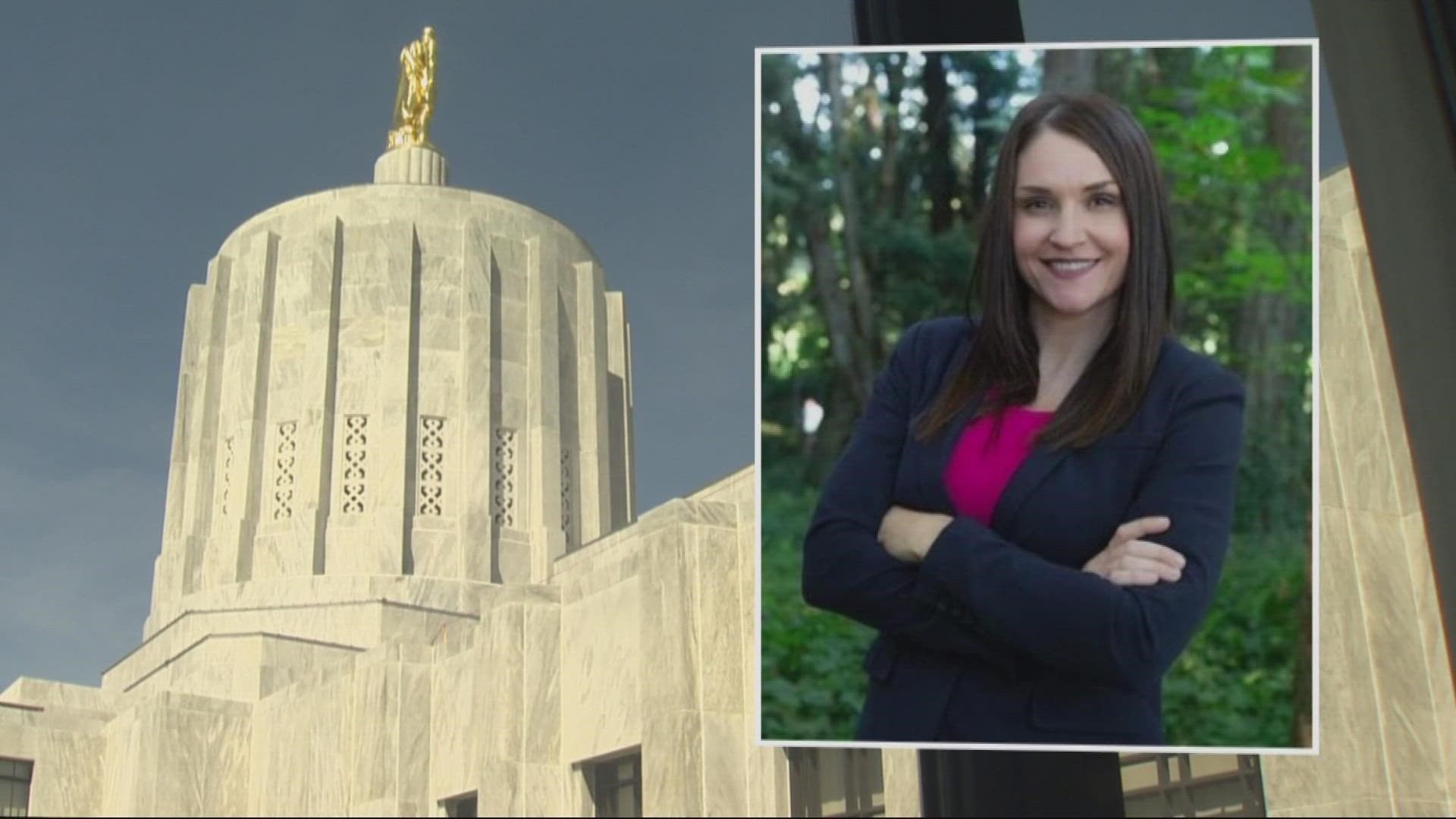SALEM, Ore. — Oregon is one of only a handful of states that don't place limits on how much money individuals or businesses can give to political candidates.
A group called Honest Elections was trying to change that with a trio of measures submitted for the November ballot, but the organization learned last week that all three measures were going to be disqualified.
Spokesman Jason Kafoury said the organization had gathered the necessary signatures and submitted the measures for approval in December. If passed, they would limit campaign contributions to $1,000 for legislative races and $2,000 for statewide races.
He pointed to a recent $250,000 donation by Phil Knight to former state Sen. Betsy Johnson's campaign for governor as an example of the kind of contributions his group hoped to combat.
"This is not a healthy democracy if big money and billionaires can just buy the politicians they want to win offices, and I don't think that's what the voters want," he said. "Nearly 80% of Oregonians said yes, we want campaign finance reform on Measure 107. So the fact that (the Secretary of State) is going against what 80% of what voters want is really sad.".
Oregon Secretary of State Shemia Fagan said she disqualified the measures over a technicality.
"The petitioners in this case failed to meet the constitutional requirements for these initiative petitions to be able to go forward and gather signatures," she said. "So it's a constitutional requirement that they have to be rejected."
The technicality pertains to a 2004 Court of Appeals ruling, Kerr v. Bradbury, that stated, "an initiative petition that contained only the amendatory material, but not the existing text of the statutes to be amended, failed to comply with the constitutional full text requirement."
That means any petition "must lay out the full text of the law they are amending," Fagan said, "and that's what they failed to do."
Kafoury argued that previous administrations have included prior initiative petitions on the ballot even though they did not meet the same requirements, an assertion which Fagan disputed.
"We reviewed all the information they provided and we reviewed the measures that they identified with the Department of Justice and those measures met the full text requirement, which is the requirement the petitioners failed to meet here," she said. "Unfortunately, they're just wrong on that information."
Fagan added that she's supportive of campaign finance reforms, having previously pushed for them as a state Senator, and said on a personal level she was disappointed that the petitioners failed to meet the constitutional requirements.
"I've championed the campaign finance reform constitutional amendment when I was running for Secretary of State, but Oregonians elected me to uphold the constitution regardless of my personal opinion about particular measures," she said.
Honest Elections will now need to fix the error, regather the necessary signatures and then resubmit the petitions before the July 7 deadline to make the November ballot.
The group likely doesn't have enough time to do that, Kafoury said.
"It took us 2 months just to get to where we are today," he said. "We have to collect 112,000 ballot signatures by July 7th. Our only hope to make the 2022 ballot is that the Oregon Supreme Court reverses Shemia's decision and allows this to go to the voters."
Kafoury said he will file a mandamus with the state's Supreme Court, asking for the decision to be overturned. It's similar to what Nicholas Kristof did after the Fagan's office ruled that he did not meet the residency requirements to run for governor.
Kafoury said that if they aren't approved for the November ballot, these campaign finance reform measures wouldn't be on the ballot again until 2024.

